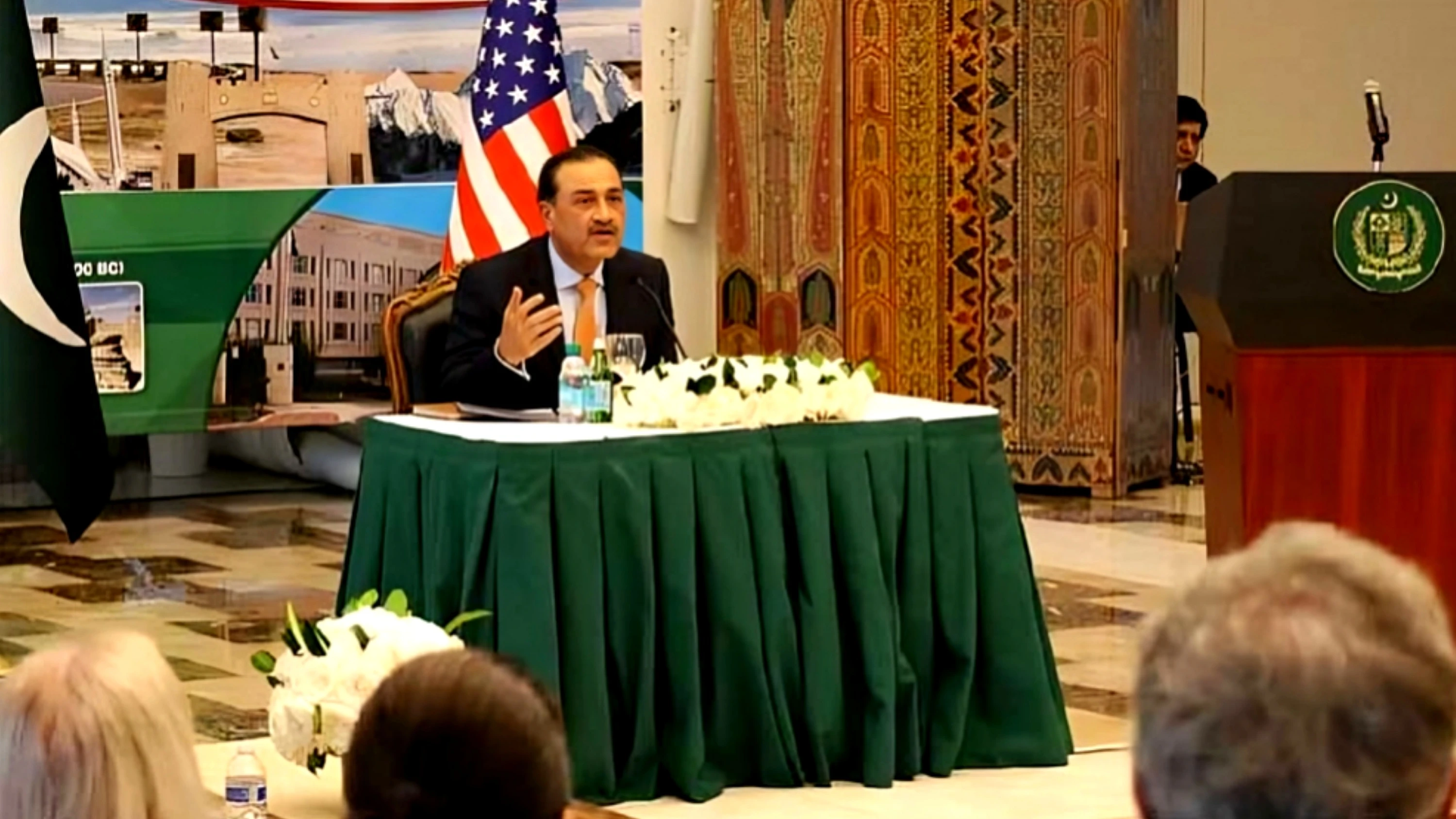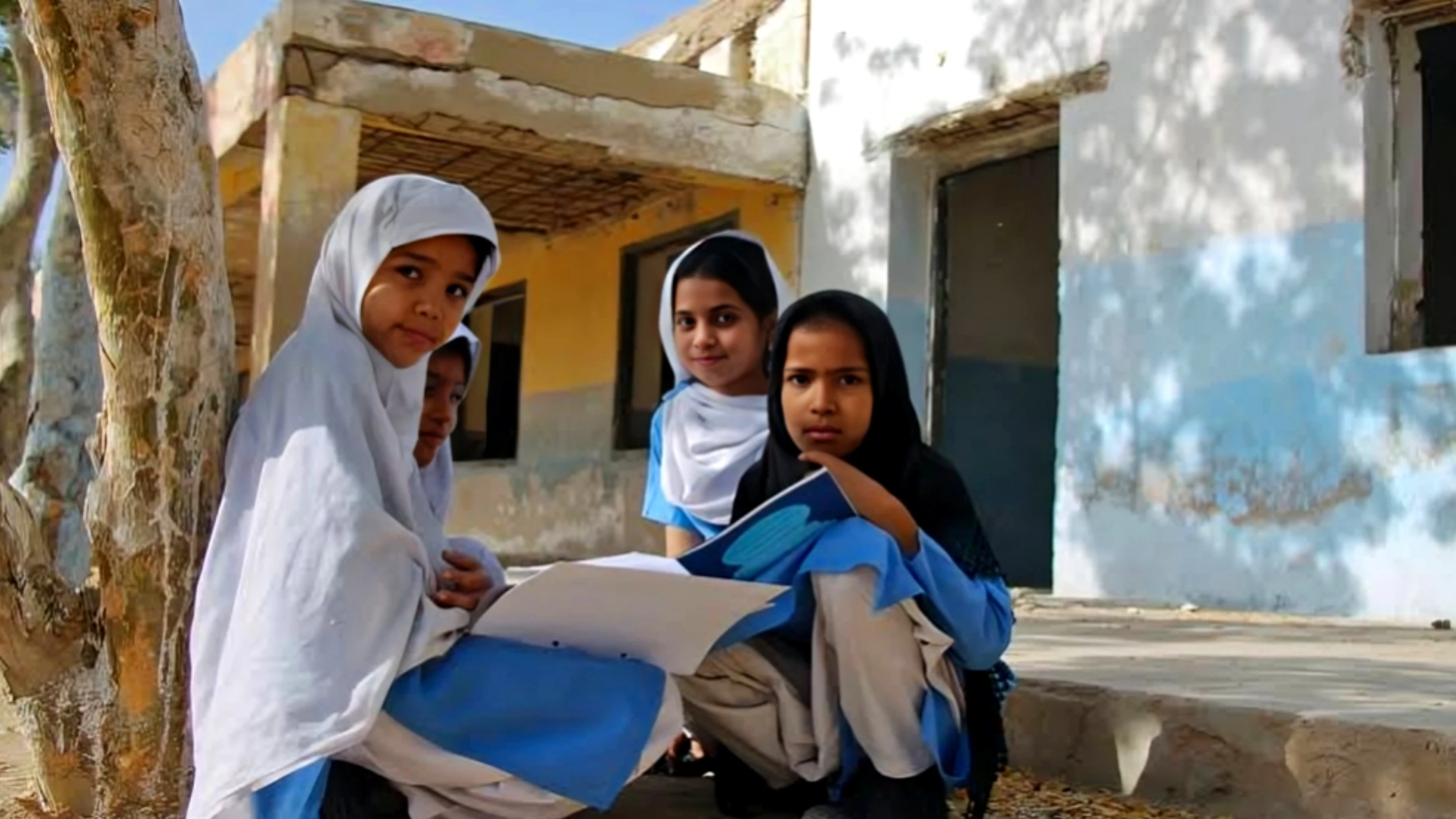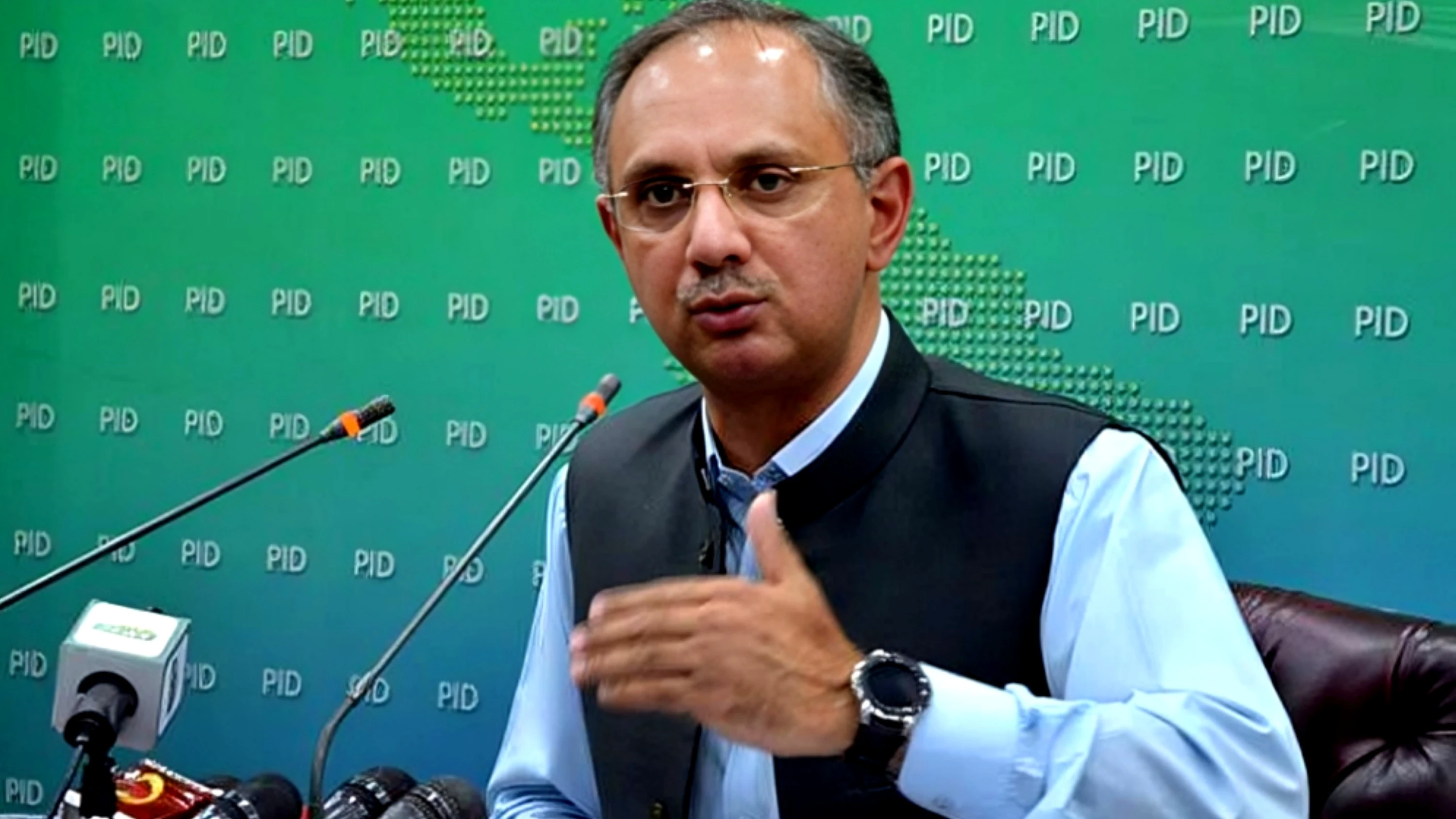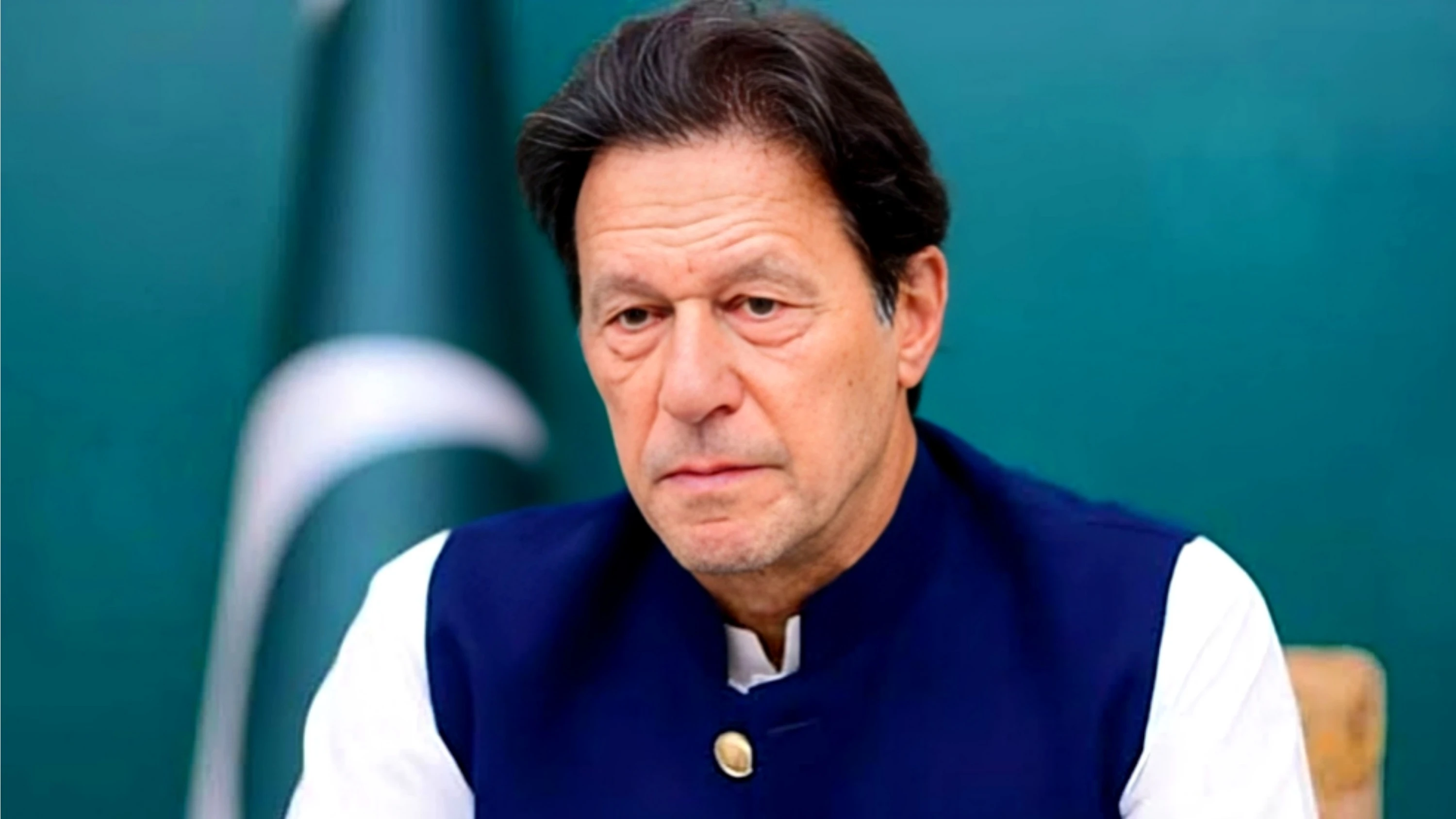Islamabad: The Economic Policy and Business Development think tank has released a critical budget report, highlighting rising debt servicing costs and recurrent expenditures as major threats to Pakistan’s economic stability.
The comprehensive report analyzes budgetary trends from 2010 to 2025, identifying sustained increases in interest payments and non-development spending as key barriers to fiscal consolidation. It warns that Pakistan's continued reliance on borrowing is impeding long-term economic growth.
A particularly alarming figure revealed in the report is a high increase in petroleum levy collections, while reforms in the power sector subsidies were deemed a complete failure. The report emphasizes the urgent need for emergency reforms in the taxation system and warns that ballooning current expenditures remain a serious threat to macroeconomic stability.
The analysis further shows a clear imbalance between development and non-development spending over the past 15 years. From 2010 to 2025, development expenditures rose by only 5.4%, while current expenditures surged by 16.7%.
In 2010, development spending accounted for 4.4% of GDP, which has now declined to 2.8% in 2025. For the ongoing fiscal year, 68% of the total budget was consumed by interest payments, subsidies, and social protection programs, placing immense pressure on the economic framework.
The report reveals that interest payments have increased by 19.8% annually over the last 15 years, consuming 56.8% of current expenditures, and 7.9% of the development budget.
Subsidies in the power sector have grown annually by 21.3%, while food subsidies have dropped by 60%. During the same period, health and education budgets declined by 10.3% and 8.3%, respectively, signaling a shift away from essential public services.
The report also notes a significant rise in provincial fiscal allocations following the 7th NFC Award, with a 17.7% annual increase in provincial shares. Provincial development budgets have grown at twice the pace of the federal government's. Meanwhile, the tax-to-GDP ratio has remained stagnant at 10–11% over the last 15 years, underscoring the need for urgent and deep-rooted revenue reforms.
The think tank concludes that without decisive policy changes, the country's economic trajectory will remain under serious strain.








